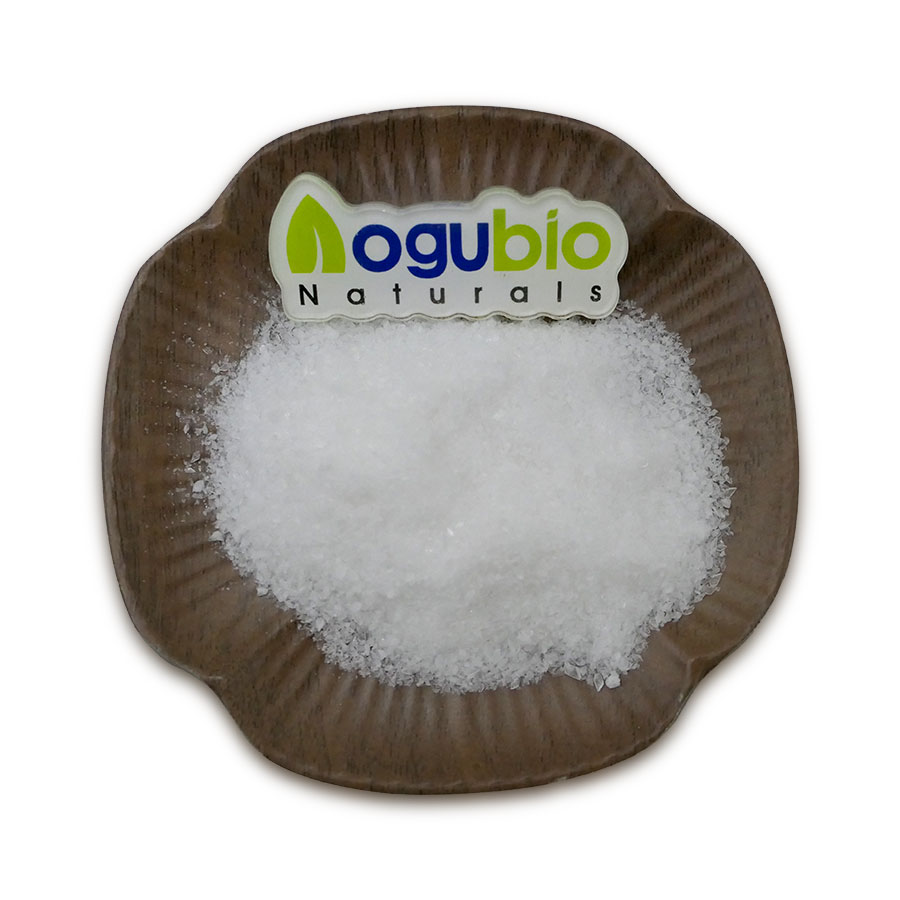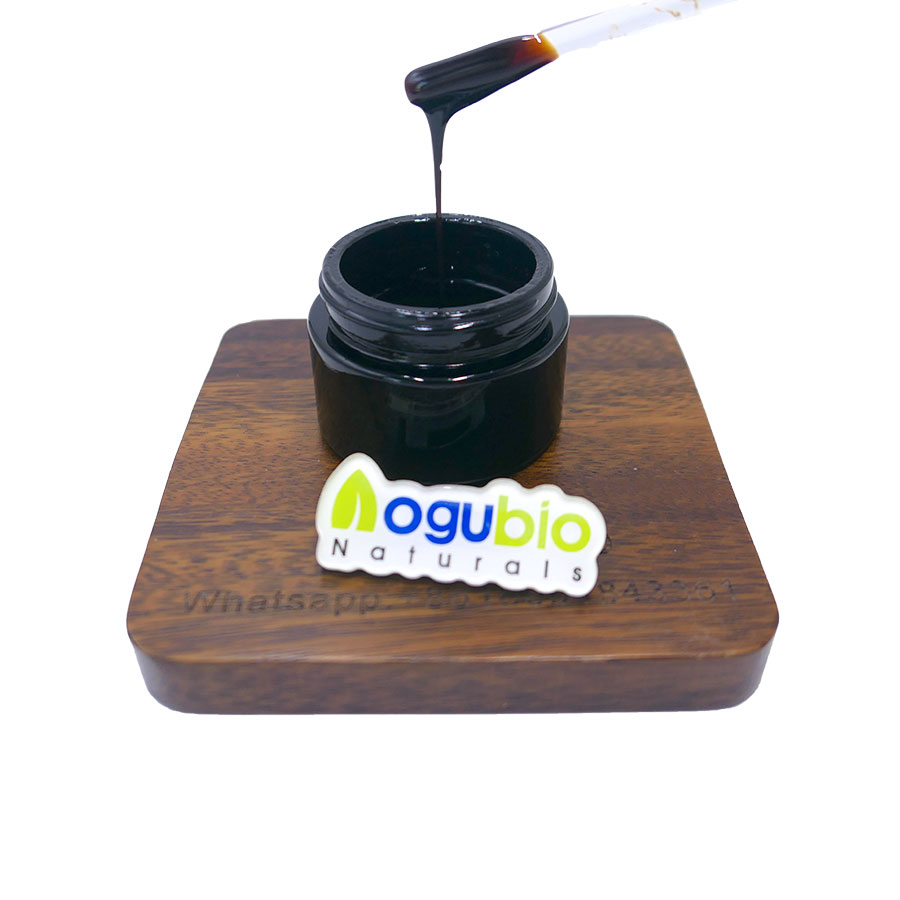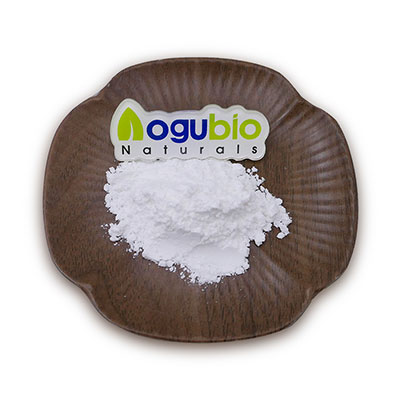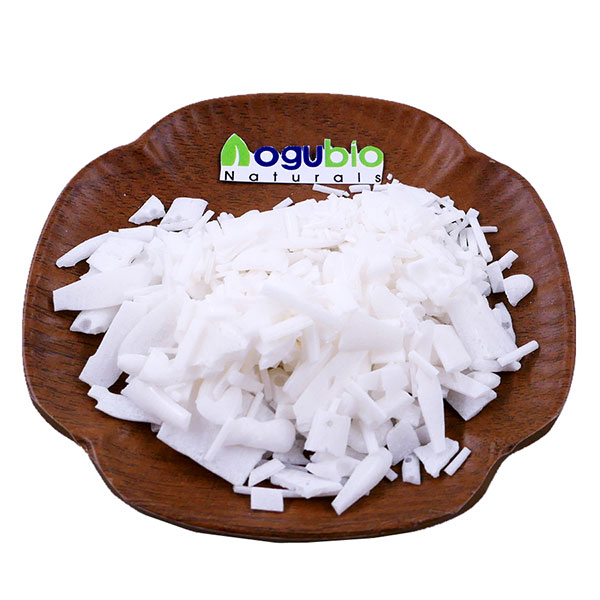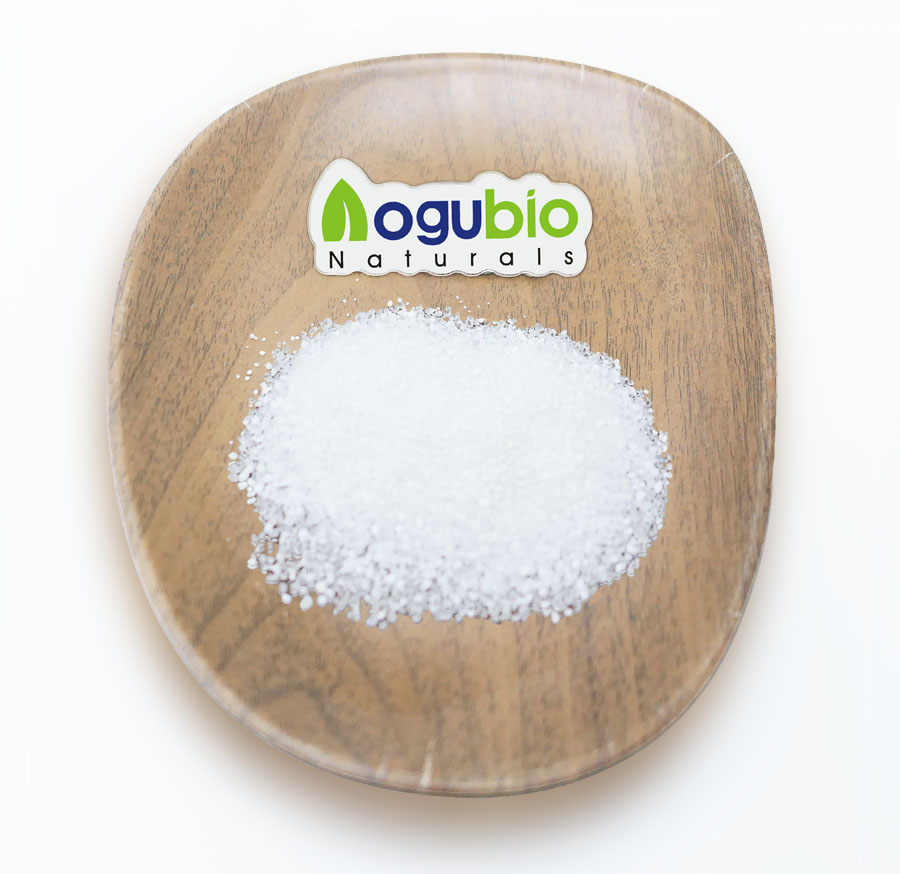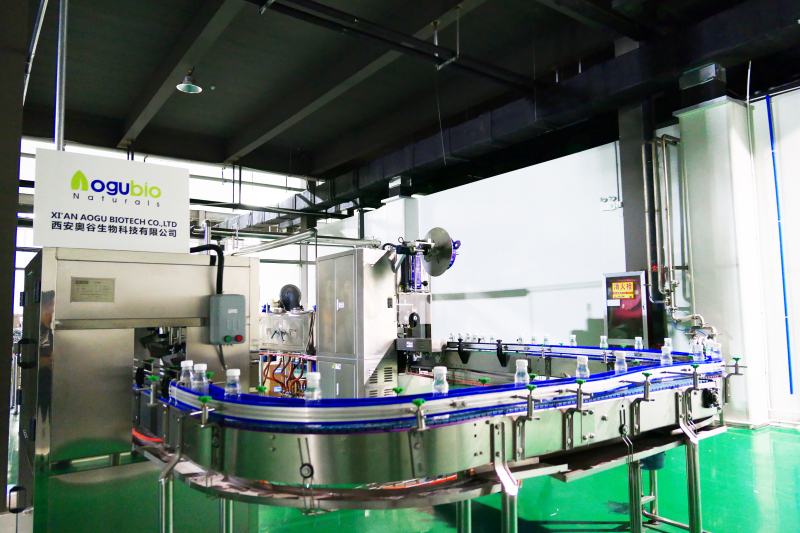The Role of N-Acetylcysteine in Supporting Lung Function in Smokers
Smoking is a prevalent habit that poses significant health risks, particularly affecting lung function. The harmful chemicals present in tobacco smoke can cause inflammation, oxidative stress, and damage to the respiratory system. As a result, smokers often experience reduced lung capacity, respiratory symptoms, and increased susceptibility to respiratory infections. However, recent studies have shown that N-Acetylcysteine (NAC) capsules or powder may play a vital role in supporting lung function in smokers.
N-Acetylcysteine is a modified form of the amino acid cysteine and acts as a precursor to glutathione, a powerful antioxidant. Glutathione is naturally produced in the body and plays a crucial role in protecting cells from oxidative damage. However, smoking depletes glutathione levels, leading to increased oxidative stress and inflammation in the lungs. By supplementing with N-Acetylcysteine, smokers can replenish glutathione levels and potentially reduce the harmful effects of smoking on lung health.
One key benefit of N-Acetylcysteine is its ability to break down mucus in the airways. Smoking can cause the production of excessive mucus, leading to congestion and impaired lung function. NAC works by thinning the mucus, making it easier to expel. This property of N-Acetylcysteine can help smokers clear their airways, reduce the risk of respiratory infections, and improve overall lung function.
Furthermore, N-Acetylcysteine has shown anti-inflammatory properties. Smoking-induced inflammation in the lungs can result in tissue damage and the development of various respiratory diseases, such as chronic obstructive pulmonary disease (COPD). Studies have indicated that NAC can help reduce inflammation in the lungs by inhibiting the production of pro-inflammatory molecules. By reducing inflammation, N-Acetylcysteine may potentially slow down the progression of smoking-related lung diseases and alleviate symptoms associated with respiratory conditions.
Another important aspect to consider is the potential for N-Acetylcysteine to protect against oxidative damage. Smoking leads to the generation of harmful free radicals in the body, which can trigger oxidative stress. This oxidative stress damages cellular structures and contributes to the development of lung diseases. NAC supplementation can help neutralize these free radicals and reduce the oxidative stress burden on the lungs, thereby supporting lung function and reducing the risk of smoking-related complications.
It is worth noting that additional research is still needed to fully understand the benefits of N-Acetylcysteine in supporting lung function in smokers. Although current evidence is promising, more studies are required to determine the optimal dosage, duration, and long-term effects of NAC supplementation. Additionally, individuals should consult their healthcare providers before starting any new supplement regimen, especially if they have pre-existing medical conditions or take other medications.
In conclusion, N-Acetylcysteine capsules or powder may offer significant benefits in supporting lung function in smokers. By replenishing glutathione levels, thinning mucus, reducing inflammation, and protecting against oxidative damage, NAC can potentially mitigate the harmful effects of smoking on the respiratory system. Nevertheless, it is essential to further explore this subject through research and consult healthcare professionals for personalized advice. Ultimately, quitting smoking remains the best strategy to improve lung function and overall health.
Product Description
N-acetyl cysteine (NAC) comes from the amino acid L-cysteine. Amino acids are building blocks of proteins. NAC has many uses and is an FDA approved drug.
N-acetyl cysteine is an antioxidant that might play a role in preventing cancer. As a drug, it's used by healthcare providers to treat acetaminophen (Tylenol) poisoning. It works by binding the poisonous forms of acetaminophen that are formed in the liver.
People commonly use N-acetyl cysteine for cough and other lung conditions. It is also used for flu, dry eye, and many other conditions, but there is no good scientific evidence to support many of these uses. There is also no good evidence to support using N-acetyl cysteine for COVID-19.
N-Acetyl-L-Cysteine is an amino acid, can be transformed from the body of methionine, cystine can be transformed with each other. N-Acetyl-l-cysteine can be used as a mucilagenic agent. It is suitable for respiratory obstruction caused by a large amount of phlegm obstruction. In addition, it can also be used for detoxification of acetaminophen poisoning.
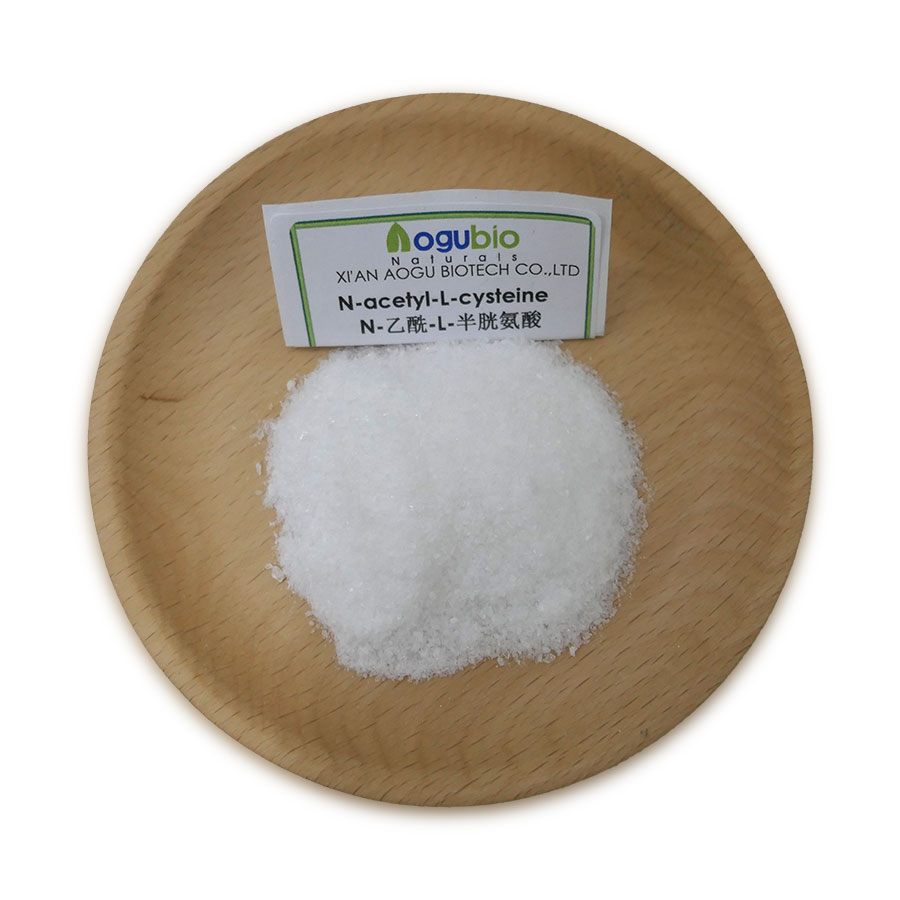
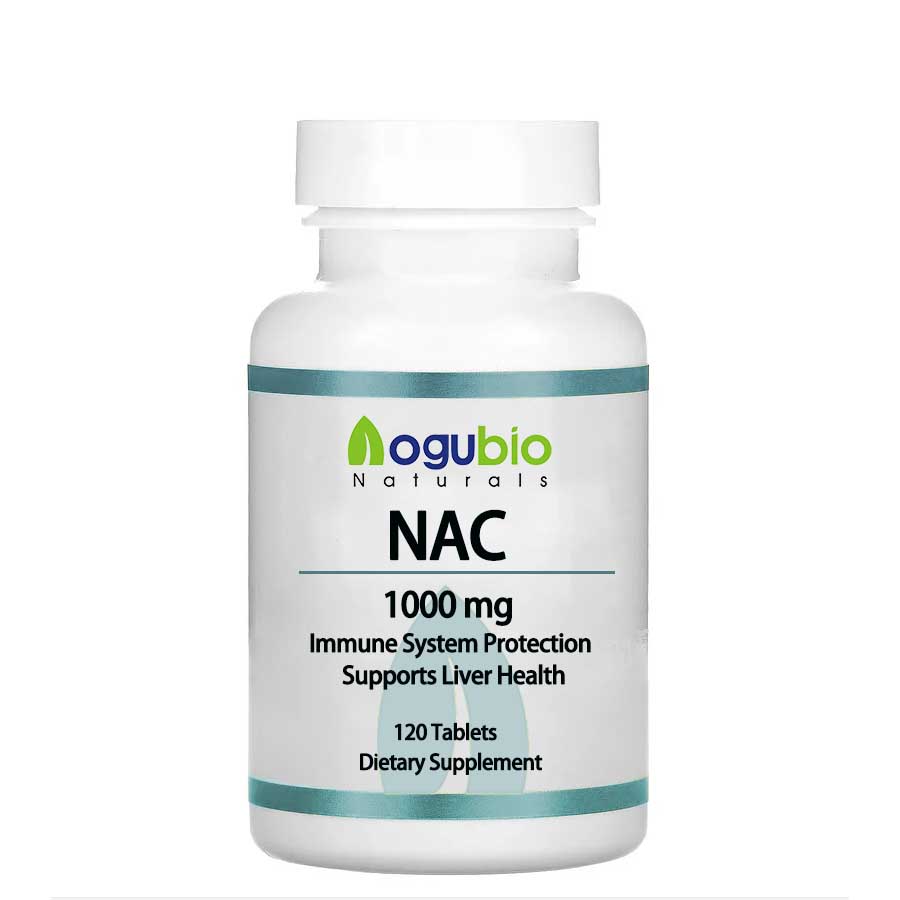
Function
N-Acetyl-L-Cysteine is an amino acid, can be transformed from the body of methionine, cystine can be transformed with each other. N-Acetyl-l-cysteine can be used as a mucilagenic agent. It is suitable for respiratory obstruction caused by a large amount of phlegm obstruction. In addition, it can also be used for detoxification of acetaminophen poisoning.






